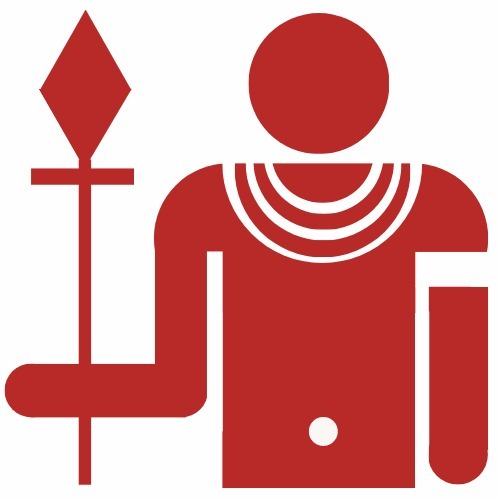If you have read or heard about bitcoin, ‘the unbanked in Africa’ must have come up. To be honest, you do not have to know what bitcoin is, a quick google search can show you what I mean. Much of this content on the ‘bitcoin for the unbanked in Africa’ narrative, links back to sources off the continent, which is not at all surprising just like discussing gun ownership on the continent. It seems to me, few of those making proclamations have actual on – ground experience to speak of. For the record, I have no doubt cryptocurrency technology will enable financial access for some of the unbanked, at a certain time X in future. Setting assumptions aside however, bitcoin is taking its own form in East Africa, and the reality now is a huge contrast to what you and I thought.
Bitcoin’s early adopters in Africa are more likely to be banked
This map from Google trends features key term – bitcoin – searches in Africa. Most searches are concentrated in fast paced urban cities of Sub Saharan Africa – Lagos (Nigeria), Nairobi (Kenya), Accra (Ghana), Johannesburg and,Capetown, South Africa. In my experience, access to information on bitcoin is limited in part by access to internet services; electricity, an internet enabled device and a fair amount of formal education. Writing from Nairobi,I know most of us here are privileged and more likely to be banked. The same is true of Lagos, Accra or Capetown.
To pick at a low hanging fruit, over 50% of Kenyans now own mobile phones,just over 35% actively use digital currency services and a healthy % regularly access online applications. Nigeria and Ghana exhibit similar development in West Africa, as does South Africa. Africa today is home to some of the world’s fastest-growing economies; ripe for digital currency adoption,but not like we imagine.
Bitcoin baraza and mobile-driven word of mouth
Whatsapp groups and group SMS in Kenya are popular for extending community ties, trusted referrals and conversations. It is a testament to how mobile enabled internet access has taken a shape of its own in East Africa. As I write this, my phone beeps – 3 whatsapp message(s) from 3 Bitcoin whatsapp groups – BTC community, BTC investors and BTC traders.
Smartphone penetration rates across Sub Saharan Africa are concentrated in patches: East Africa, Nigeria, Ghana, South Africa and Senegal. These stats look pretty impressive on paper, but, as it turns out, Africa is challenging approaches to marketing as rolled out in developed markets. Niti Bhan, an expert in emerging consumer markets in Sub Saharan Africa, says on HBR.
“But in Africa, a phone in every pocket has only scaled the way hyper-local and regionally fragmented markets were already communicating – through trusted referrals from family and friends, eyewitness stories, and first-hand experience.”
There is a characteristic sense of connection and community. Mobile phones are a central tool for communications and information dissemination, amplifying the reach of social ties and with that, the critical role of word of mouth. This is why online search engine statistics do not tell a complete story. Like our discussions on closed platforms, for instance – talking about online payments, bitcoin as an investment class, mining bitcoins and bitcoin scams. I hesitate to speak definitively on what else is out there, only what I have observed. Looking back at a year ago, there has certainly been a remarkable growth in interest. Lots of email inquiries, views on a Bitcoin thread on Wazua (here), a Bitcoin traders group on facebook and today, an hour-long facebook IM with a freelancer on how to buy and spend bitcoins on fiverr – all of them East Africans.
A bright future for digital currency in 5 years
Finally, bitcoin and digital currency face better prospects in the coming 5 years. With one of the youngest demographics as per CIA’s Factbook map, Africa’s emerging consumers are more in touch with the rest of the globe than ever before. A closer look at mean ages across Eastern Africa, comprising: Uganda (15.5), Kenya (19.1), Rwanda (17), Tanzania (17.4) and Burundi (18.7), speaks of a generation that has grown up online, on cellphones and digital currency (mobile money). Young East Africans have aspirations, are economically ambitious, and bursting with energy.
“The insights that marketers currently rely on, such as what consumers value in a product price and how to best reach them, drawn from decades of consumer research and studies on buyer behavior, don’t necessarily apply to the fragmented African markets.” – Niti Bhan.
The way I see it, the future is bright for digital currency in Sub Saharan Africa, especially Eastern Africa. If there’s one thing I have learnt over this past year, is to listen more – to feedback, consumers and people. Less of ‘save the unbanked’, please and let us take is easy – no hurry in Africa.
.



